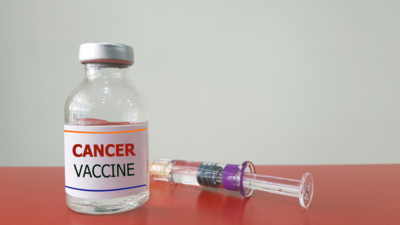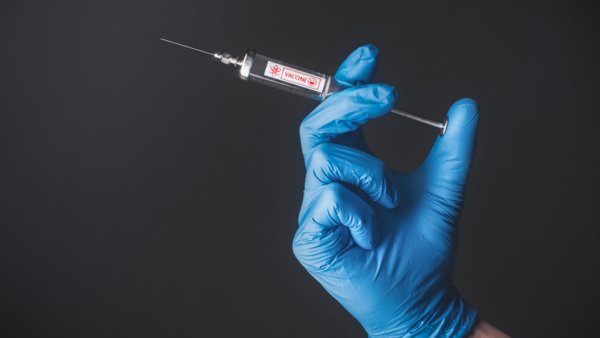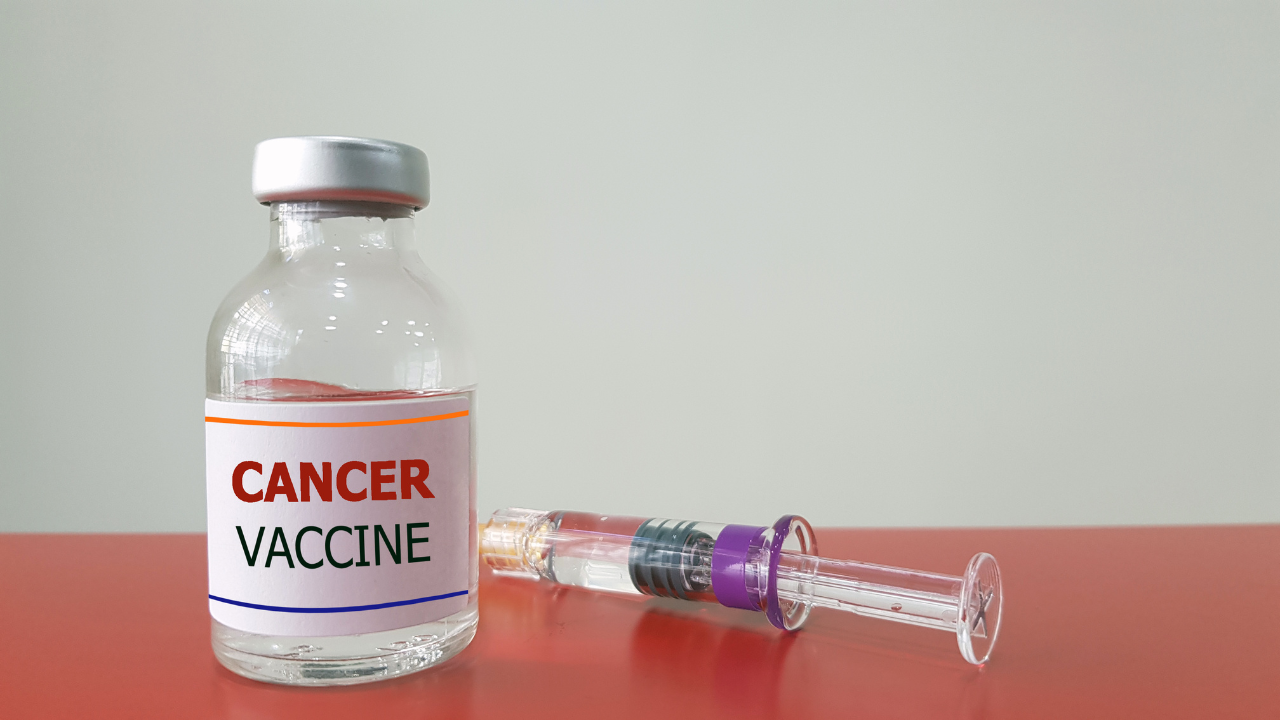Cancer remains a severe disease, with high incidence and mortality rates, particularly in India, due to lack of awareness, inadequate medical services, and limited screening and preventive measures. Russia recently announced a breakthrough in cancer treatment, claiming to have developed a personalised mRNA vaccine to treat and cure cancer. The vaccine, set to launch in early 2025, will reportedly be provided free of charge to eligible Russian cancer patients.
Science behind the claim: How it works?
Russia’s
mRNA cancer vaccine
uses artificial intelligence to create a personalised treatment based on a genetic analysis of the patient’s tumor. The vaccine trains the immune system to identify and destroy cancer cells by producing specific antibodies. However, it may not work for all cancer types, and detailed scientific data about its development has not been disclosed.
Clinical studies around the world
According to Dr. Naveen Sanchety, Director and Head Oncosurgery, Sarvodaya Healthcare, Faridabad, “mRNA-based cancer vaccines are being researched in various clinical trials across the world. In the United States, interim results of a phase I trial have reported promising data of Cure vac Vaccine, highlighting the potential of mRNA-based platforms in the management of aggressive cancers like glioblastoma.”
In 2024, the NHS also started a landmark program for personalised cancer vaccines. BioNTech has collaborated with the NHS to realize the potential of personalised vaccines in cancer treatment. This collaboration aims to provide up to 10,000 patients with personalized cancer vaccine treatments in the United Kingdom by 2030.
What exactly does the mRNA cancer vaccine do?
The Russian vaccine is not for healthy individuals for the prevention of cancer. It has been made for patients who are already having cancer. mRNA cancer vaccines are a form of immunotherapy tailored to each patient’s disease. They work by training the immune system to recognize, destroy, and prevent the spread of cancer cells through the development of specific antibodies.
Where do we stand as of now?
While Russia’s announcement marks progress, it is only a small step toward comprehensive cancer treatment. Cancer cells constantly evolve, making it challenging to develop a universal mRNA vaccine. Furthermore, Russia has not provided detailed information about the vaccine’s targeted cancer, clinical trials, or approvals.
It is not yet clear that a Russian vaccine has been made for which type of cancer and to be used at what stage, and what is the level of evidence behind their claim? All varieties of cancer, and even in the same variety of cancer, all patients are different; therefore, it is unlikely that one cancer vaccine will be helpful for all cancer patients.
According to Dr. Mohit Saxena, Consultant & Head Of Department (HOD) – Medical Oncology, Manipal Hospital Gurugram, “The concept of a cancer vaccine is old, and a lot of research has been going on in the last few decades. The idea is to identify mutations called neoantigen on cancer cells and to train the body’s immune system to fight against cancer. However, apart from Sipuleucel-T for metastatic prostate cancer patients, none of them has been found to be successful in treating cancer patients. The development of cancer vaccines for other cancers is still in the experimental phase, and further studies are required to support or reject the claim.”
For now, the focus should remain on cancer awareness, lifestyle changes to reduce risk (e.g., avoiding tobacco and alcohol), vaccinations against HPV and hepatitis, and implementing cancer screening programs where possible.
Cancer patients should be treated with standard treatments like chemotherapy, radiotherapy, surgery, targeted therapy, or immune checkpoint inhibitors, as these standard treatments have proven their effectiveness. Cancer vaccines like the Russian vaccine are investigational, and in the absence of strong clinical evidence, such types of cancer vaccines might be useful either for the treatment of cancer patients in addition to the standard treatment or for those cancer patients for whom all standard treatment options have been exhausted, though further studies are required.
Cervical cancer: All about pap smear test
I’m Manas Ranjan Sahoo: Founder of “Webtirety Software”. I’m a Full-time Software Professional and an aspiring entrepreneur, dedicated to growing this platform as large as possible. I love to Write Blogs on Software, Mobile applications, Web Technology, eCommerce, SEO, and about My experience with Life.





